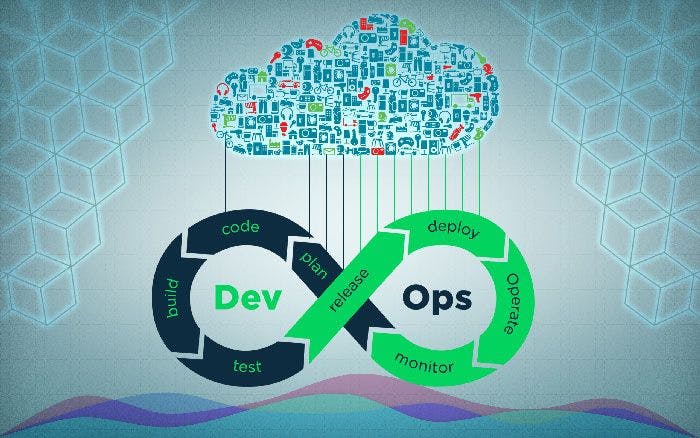194 reads
Fueling Innovation Through DevOps Collaboration & Culture
by
January 12th, 2024
Audio Presented by

A smiling survivor serving in ethical tech Termed "Stablecoin Queen" & “the heart of social impact blockchain.”
Story's Credibility







About Author
A smiling survivor serving in ethical tech Termed "Stablecoin Queen" & “the heart of social impact blockchain.”
